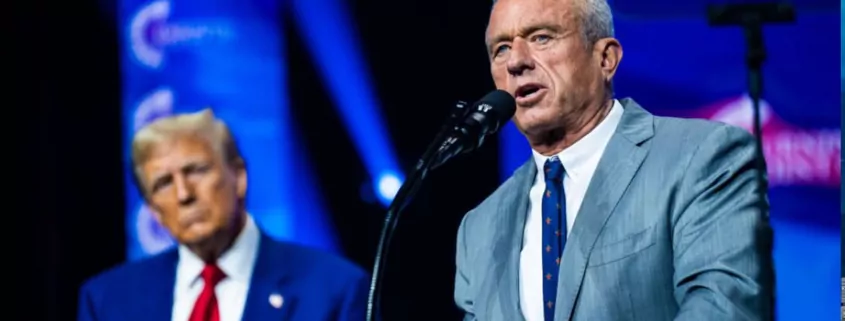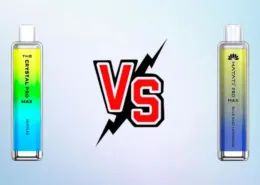Trump and RFK Jr.: A Call to Revolutionize Tobacco Regulation
The new administration under President Trump and Robert F. Kennedy Jr. presents a pivotal opportunity to address one of the leading causes of preventable death in the United States: smoking. By reforming the U.S. Food and Drug Administration (FDA), the administration could make it easier for smokers to access safer alternatives like e-cigarettes, heated tobacco, and oral nicotine products. This shift could save hundreds of thousands of lives annually and mark a significant step forward in public health.
The FDA’s Failures in Tobacco Harm Reduction
Since 2009, the FDA has regulated tobacco products but has failed to foster innovation in harm reduction technologies. Despite overwhelming evidence that vaping is 95% safer than combustible cigarettes, the FDA has imposed significant barriers to entry for manufacturers. These barriers have stifled innovation and limited access to safer alternatives for adult smokers.
E-cigarettes entered the U.S. market in 2006 and gained widespread popularity by 2012. However, in 2016, the FDA classified e-cigarettes as “tobacco products,” despite containing no tobacco, and mandated costly applications for market authorization. This move disproportionately affected small manufacturers who were driving innovation.
Political Interference and Misguided Policies
The FDA’s regulatory process has been plagued by political interference. Whistleblowers within the agency have revealed that leadership often prioritized political agendas over scientific evidence. For example, the FDA has authorized only 34 e-cigarette products to date, all restricted to tobacco and menthol flavors. This is woefully inadequate for the over 20 million adult vapers in the U.S.
Public health trade associations, many funded by anti-vaping advocate Michael Bloomberg, have further complicated the issue. In 2020, a court ruling forced manufacturers to submit applications during the COVID-19 pandemic, creating additional hurdles for businesses already struggling to comply.
Global Success Stories
Countries like the UK and New Zealand have embraced harm reduction strategies, actively encouraging smokers to switch to e-cigarettes. Sweden, through the use of Snus, has become the first smoke-free developed country. These nations recognize the potential of reduced-risk products to save lives and reduce healthcare costs.
In the U.S., youth vaping rates have declined significantly since 2019, with CDC data showing daily use among middle and high school students at just 1.55% in 2023. Meanwhile, adult smokers continue to use e-cigarettes to quit at record numbers, highlighting the need for policies that support harm reduction.
A Path Forward
President Trump and RFK Jr. must prioritize reforming the FDA’s regulatory framework to make safer alternatives more accessible. This includes:
- Streamlining the Authorization Process: Reducing the cost and complexity of applications for harm reduction products.
- Promoting Science-Based Policies: Ensuring that FDA decisions align with scientific evidence rather than political agendas.
- Encouraging Innovation: Supporting small manufacturers who drive technological advancements in harm reduction.
- Adopting a Harm Reduction Mindset: Shifting the FDA’s focus from prohibition to enabling safer choices for smokers.
Millions of lives depend on these reforms. By embracing harm reduction, the U.S. can follow the lead of other nations and make significant strides in public health.
- Mexico Passes Law to Ban Tobacco Ads, Expand Smoke-Free Zones - August 13, 2025
- Big Vape Brands Bypass Ad Bans Via Global Social Media - August 13, 2025
- UK to Make Vape Sellers Pay for E-Waste Disposal - August 13, 2025









